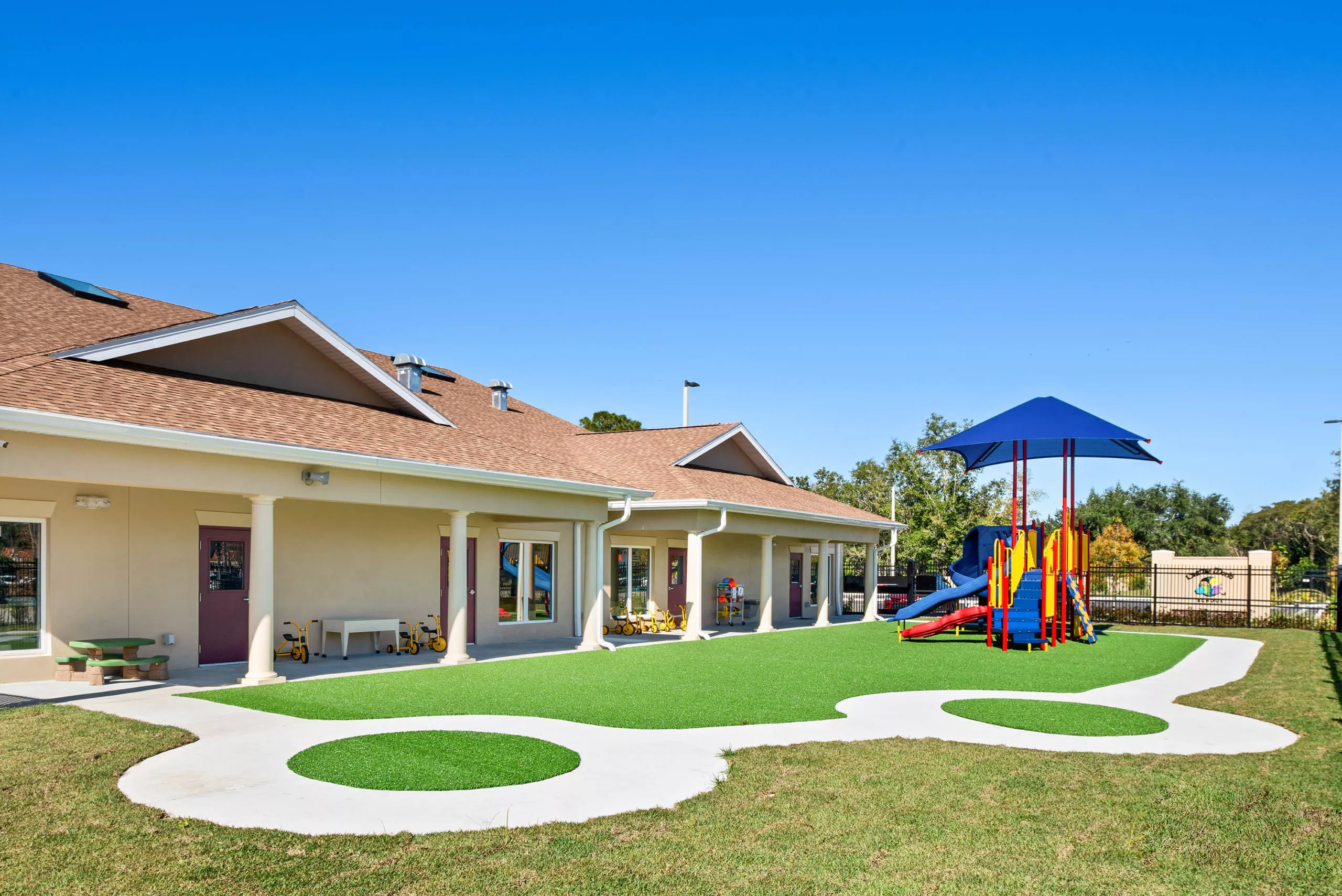
Back-to-School Readiness: establishing routines, managing separation anxiety, and building excitement for learning.
Creative world school Aug 2, 2024Transitioning to a new school or classroom can be both exciting and nerve-wracking for kids and families alike. As a parent, there are several strategies you can employ to make this process smoother and more positive. Here are a few ideas you can try!
Give Them Time to Adjust:
- Understand that change can be challenging for children. Moving to or starting in a new school setting means leaving behind familiar faces, routines, and environments. Be patient and allow your child time to adapt to their new surroundings. Encourage kids to talk about their feelings during this adjustment period and remind them that you will be together again at the end of each day.
Ease the Transition:
- Visit the new school or classroom together before the school year starts. Familiarize your child with the building, classroom, and playground. If possible, meet teachers and staff in advance. Knowing what to expect can reduce anxiety.
- When starting in a new school (g. starting kindergarten), consider arranging playdates with other children who will attend the same school. Building connections early on can make a big difference.
Validate Their Feelings:
- Acknowledge any anxiety or apprehension your child may have. Let them know it’s normal to feel nervous about change. Reassure them that they are loved and you’re there to support them throughout the process.
- Encourage conversations about their hopes, fears, and expectations related to the new school. Sometimes just talking about it can alleviate some of the stress.
Ask Questions and Listen:
- Engage your child in discussions about their feelings. What are they excited about? What worries them? By actively listening, you’ll gain insights into their emotional state and can address any concerns.
- Role-playing specific situations (like making new friends, asking to use the bathroom, or approaching a teacher) can help them feel more prepared.
Establish Routines:
- Consistency is comforting for children. Set up daily routines for mornings, afternoons, and evenings. Having predictable patterns helps them feel secure.
- Include time at home to talk, continue learning, play, eat meals, and rest. A well-structured day reduces uncertainty.
Build Excitement for Learning:
- Talk positively about school. Share stories of your own school experiences or interesting things they’ll learn.
- Create anticipation by shopping for school supplies together. Let them choose a fun backpack or colorful stationery.
Remember, every child is unique, and their adjustment process will vary. Be attuned to their emotions, celebrate their successes, and offer plenty of encouragement!






